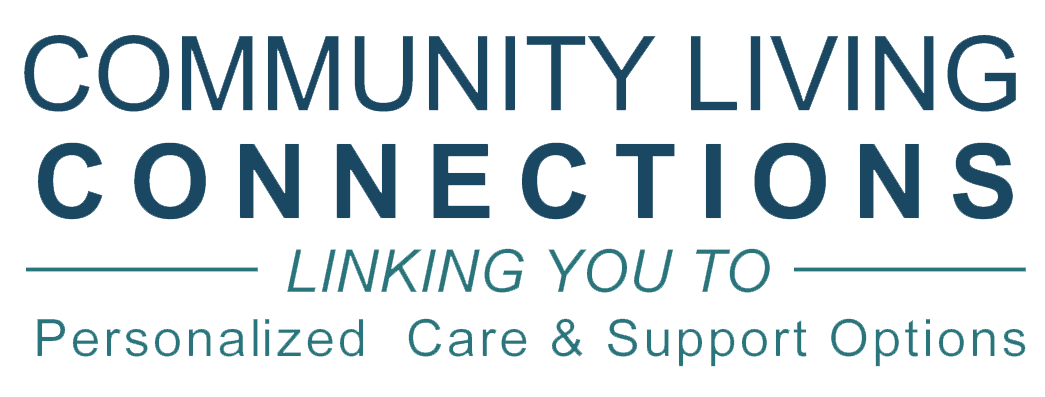Levels of Services and Supports
It’s hard to think about what care we might need if something might cause us to have limited functionality or as we grow older. However, planning ahead and knowing your options is much better than not being prepared in a crisis.
Understanding how much support you may need
- How much help you need
- What you need help to do
- Your personal preferences for receiving hands-on care, if and when needed
- How accessible your current home is
- What support can realistically be provided by family or friends
- What is important to you, for example: privacy, social engagement, or both
- The costs and payment options for each setting
Options for long-term services and support settings
In Washington State, there are several options for long-term services and supports. Significant help can be provided in one’s home, where most people prefer to receive care.
Deciding the best option for you or your loved one depends on the level of help needed, personal circumstances and personal preferences. The following questions may help you determine the best option.
Minimal assistance to stay in your home or independent living
- Can you walk without assistance and without falling?
- Do you sometimes need reminders to bathe, dress, groom, take medications or keep doctors' appointments?
- Do you need help to prepare meals and do housework?
- Do you have some trouble remembering things?
- In case of an emergency, would you need help?
Answering “yes” to any of these questions may mean the services you need could be provided in your home. For instance, you may only need home care services, personal assistance, a personal emergency response unit, or home-delivered meals. You could also consider and Independent Living facility if your home is not set up for your needs and cannot be modified.
Significant assistance to stay in your home or an alternative setting
- Do you need regular reminders to get dressed, groom yourself, eat, take medications, etc.?
- Are you sometimes incontinent?
- Do you need help to set up your bath?
- Do you need help preparing meals and doing household chores?
- Do you need reminders to do social things?
- Do you sometimes have problems remembering things? Are you sometimes confused?
- In case of an emergency, would you need help?
Answering “yes” to any of these questions may mean the services you need could be provided in your home and community. Family, friends or personal care attendants could provide some services like personal care, reminders, meal preparation, grocery shopping assistance, and household chores in your home. You could supplement this with a personal emergency response unit that provides medication reminders, and home-delivered meals. If your home is accessible or modified to be so, it can help you remain in your home longer. These services could also be provided in in a residential setting.
Maximum assistance to stay in your home or a licensed facility
- Do you need help to move from your bed to a wheelchair?
- Do you require help to bathe, dress, groom and take medications?
- Do you need reminders and/or help to eat?
- Do you need encouragement to be in social activities or one-on-one visits?
- Do you need someone to help you in social activities or one-on-one visits?
- Do you require incontinence supplies and help using them?
- Do you need 24-hour help?
- Do you require services such as skilled nursing, physical therapy, occupational therapy or speech therapy?
- In case of an emergency, would you need help?
Answering “yes” to most of these questions may mean you could still get the care in your home. There are many services and supports that could be incorporated. However, depending on the level of need and how stable your condition is, you may also want to consider a licensed facility.
Connect with Your Local CLC.
Washington’s Community Living Connections staff are available to help you explore your options to meet your current needs or create a plan for the future.Connect now





